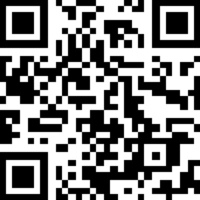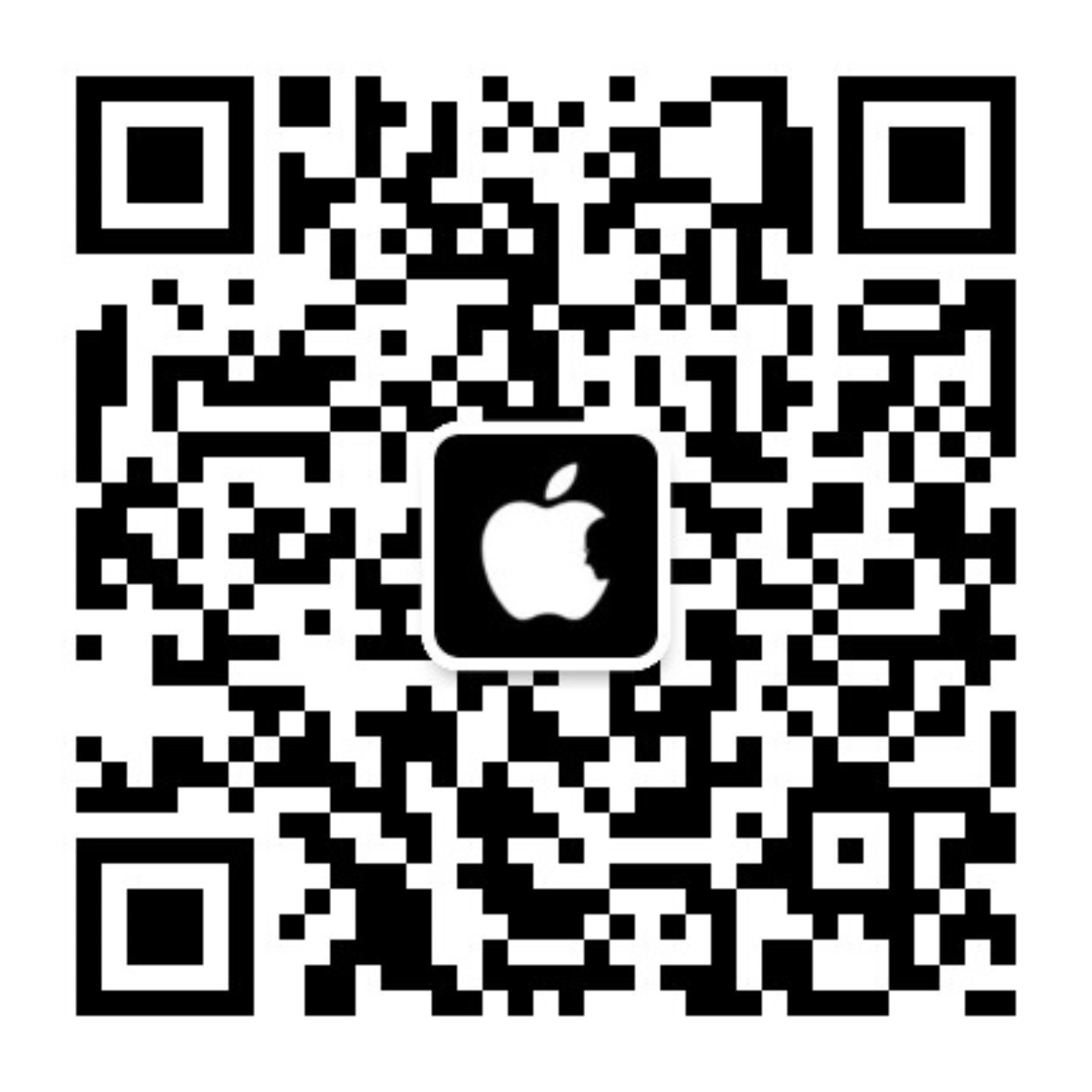Over the past few years, Facebook He has been trying to coordinate the company's consistent value proposition in the field of freedom of expression, and the contradiction between the fact that abusive and discriminatory remarks on the platform have caused various injuries.
Facebook's civil rights assessment still failed.
The latest in-depth criticism report highlights the contradiction between free speech and hate speech on the social network.
After two years of efforts, Facebook recently released the company's independent audit results, an extensive report on the status of civil rights on the Facebook platform, covering topics from hate speech to advertising to algorithm bias. The auditors found that the company has not done enough in combating hate and abusive remarks on the platform.
Following the first two updates in December 2018 and June 2019, the new audit report concluded that the company's approach to civil rights issues was "too passive and fragmented", and asked at the end whether Facebook was really committed to solving a large number of problems on the platform.
Considering that the 2020 presidential election in November is getting closer, this issue is particularly important.
Laura W. Murphy, former director of the American Civil Liberties Union (ACLU), and Megan Cacace, a civil rights lawyer, are the main authors of the report. Murphy compared Facebook's work to climbing Mount Everest. She said that although Facebook has indeed made some progress, the social media company has not yet invested enough resources or quickly dealt with various civil rights challenges faced by the platform, thus "pushing the reasonable doubt on whether Facebook is going all out to solve the problem to the highest point".
Facebook launched this independent audit under the pressure of civil rights leaders and politicians. During this period, Facebook was encountering the largest advertiser boycott movement since the establishment of the platform - "Stop Hate for Profit" (stop using hatred to make money). This campaign was launched by civil rights organizations including NAACP, Anti Defamation Alliance and Color of Change, and these civil rights organizations still have no intention to suspend their boycott of Facebook. More than 1000 companies have joined the boycott campaign, although Mark Zuckerberg, CEO of the company, denied that the boycott campaign had a material impact on the platform.
Leaders of the boycott have also tried to work with Facebook. For them, the latest audit report confirmed most of their previous views on the social media company: the company did not seriously treat hate speech, prejudice, polarization and lack of diversity on the platform.
"The hate speech and false information against black groups on the rectification platform will become the focus of the company only when it rises to the public relations crisis," said Rashad Robinson, president of Color of Change. Robinson also said that Congress may also participate in the protection of civil rights on the platform.
Although this report is significant to Facebook's reputation, it is not binding on the company. Facebook can choose to follow the recommendations in the report and put them into practice, or it can choose to ignore them - this is also a problem that many advocates such as Robinson are extremely worried about. On Wednesday, in a statement posting that released the report, Facebook's chief operating officer Sheryl Sandberg said, "The changes they (auditors) asked for", the company "will not follow every one", but "will also put them into practice as much as possible".
No matter how much the company finally puts into practice, this review is also a comprehensive review of Facebook's long-term efforts. In the past few years, Facebook has been trying to coordinate the company's consistent value proposition on freedom of expression, and the contradiction between the fact that abusive and discriminatory remarks on the platform have caused all kinds of harm. Based on this theme, we extracted the following five key points related to Facebook and civil rights from the 89 page report.
1) Give Trump a green light and set a disturbing precedent
Auditors said that President Trump violated the platform's community guidelines, but Facebook did not deal with the president's posts. Such behavior is tantamount to a policy of "wasting" the platform to represent the progress of civil rights. The report specifically mentioned a group of Trump's posts, including one that made false statements about the vote and the infamous "dare to rob, dare to shoot" post. Echoing the previous concerns of civil rights organizations, the auditors said that these posts clearly violated Facebook's community guidelines, and not deleting these violations set a disturbing precedent for Trump and other politicians.
Trump's posts related to voting quoted in the report include false statements about postal votes in California, Michigan and Nevada. Facebook finally believed that these posts did not violate the community guidelines, and argued that the words mentioned in the posts in Michigan and Nevada were just "questioning the legitimacy of officials". The auditors explained that they "strongly expressed" their views that these posts violated the policy, but they did not "have the opportunity to communicate directly with the decision-makers" until the final decision was made.
They said that Facebook's decision "took a big step back from all policies that tried to ban voter repression on the platform".
Trump's "dare to rob, dare to shoot" post represents almost self exculpatory inaction. In that post, the President was suspected of using the slogan shouted by white apartheid activists in the civil rights era to violently threaten the "black life is also life" protesters. Although Facebook executives called the White House to ask Trump to change or delete the post, the company did not take any action against the president's post in the end. Trump is also here Twitter The same content was published on. In contrast, Twitter chose to mark the President's posts on the grounds that the content violated the rules against beautifying violence on the platform.
For this decision, Facebook argued that the platform allows the release of threats such as taking national action. However, the auditors believe that this logic ignores that "such statements - especially when they come from the mouth of the people in power and target a specific minority group - will connive at and rationalize violence against that minority group." They also said that "random shooting is not a legitimate use of national force." The auditors again stressed that their opinions were not adopted in the decision-making process in a timely manner. Zuckerberg later explained Facebook's decision on the post of "dare to rob, dare to shoot" at the staff meeting, but the decision was still criticized by the company's executives and prompted employees to launch online strikes. This was also one of the initiators of the later "Stop using hatred to make money" boycott movement.
In June this year, Facebook announced that the company will mark posts that violate the platform community guidelines, but will not delete them, because posts have news value (if the public interest value of a post is higher than the damage caused by a post), but it is not common for a post to have news value. The audit report disclosed that in the past year, the company's news value exceptions were only applied to politicians 15 times, and only once in the United States, and the specific content of these examples is not clear at present.
At the same time, the company still did not take any action against Trump's old posts. The auditors concluded that for many civil rights advocates, "damage has already been done". They said that even if Facebook had policies supporting civil rights, refusing to apply these policies to Trump would weaken the public's trust in the company and leave space for other politicians to follow the President.
2) The supremacy of free speech will lead to other problems
Although Facebook's leadership has repeatedly stressed that the company attaches importance to freedom of expression, auditors have found that there is a cost to attaching importance to freedom of expression. Facebook systematically chose to give priority to politicians' comments, rather than suppress harmful and hateful comments that harm the interests of the overall user. In the report, auditors repeatedly quoted Zuckerberg's speech at Georgetown University in 2019, saying that this was a "turning point": Facebook has repeatedly emphasized the company's commitment to free speech as a "platform governance principle".
Facebook chooses not to check the facts of politicians, and allows them to violate Facebook's own rules of "no harmful content" from time to time, because politicians' comments are newsworthy in nature. This raises another question. The auditor said that both of them are obviously contrary to the company's civil rights efforts. Allowing politicians to spread false information about votes further undermined Facebook's commitment to its values, although Zuckerberg described it as a form of freedom of expression in his Georgetown University speech. Auditors said they found that Facebook's practice of placing freedom of expression above other values, such as non discrimination and equality, was "very disturbing".
They also explained that the differentiated treatment of politicians "has virtually shaped a speech hierarchy, and the greater the power, the more privileges".
However, the report also acknowledged that Facebook failed to resolve the contradiction between the company's commitment to civil rights and its commitment to freedom of expression. On the contrary, the company should strive to further develop a comprehensive understanding of freedom of expression and clarify how typical users use the platform.
"For an American enterprise in the 21st century, and for Facebook, a social media company that has such great influence on our daily life, if we can't get rid of the relationship between these two values, the result will be devastating," said Laura W. Murphy, chief auditor, in the introduction to the report, "This kind of balance is not easy, and since the founding of the United States, this balance of rights and interests has been part of the national debate. Facebook cannot reconcile these values, and it is understandable that if the company must do so."
3) Hate speech is still a problem for Facebook, but we don't know how serious the problem is
Facebook has been fighting against hate and violent speech on the platform, including the talk show broadcast live on Facebook Watch by white nationalists and members of the extreme right-wing movement "boogaloo movement". These extreme right-wing movements advocate anti government ideology and incite violence in recent ethnic platform protests.
Facebook's audit report shows that the company has a long way to go in combating hate speech (especially white nationalism). Facebook did make some progress. The company says it can now better identify hate speech, with 350 employees focusing on dangerous organizations on Facebook. However, auditors said that hate content either stayed on the platform for too long or failed to be deleted at the first time. The audit report points out that this problem is particularly serious when the content points to African Americans, Jews and Muslims.
For example, auditors have asked Facebook to ban all content that promotes white nationalism or white apartheid, but the company has not yet been able to do so. Auditors said that Facebook has explicitly prohibited phrases such as "white nationalism" or "white apartheid", but this simple method has not effectively organized racist content to continue to spread on the platform.
The audit report also criticized Facebook for failing to act quickly enough against hate activities. The report mentioned that in 2019, it took Facebook more than 24 hours to delete activities intended to intimidate participants in the annual meeting of the North American Islamic Association held in Houston, Texas. Facebook later admitted the company's mistakes in the event, but auditors called on the company to fundamentally modify the platform's audit process to speed up the deletion of such events. The report said that in the current national protests, it is intuitive and important to properly control the events, "to ensure that people will not use Facebook's call to arms declaration to harm or intimidate specific groups".
One thing that complicates Facebook's hate speech problem is that there is not enough conclusive data to figure out how serious the hate speech problem on the platform is or how it affects different groups. The report said that "the lack of data for analysis and research seems to make it more difficult to record and define problems, identify their sources and explore potential solutions".
Although the focus of the audit is hate speech, the report also mentioned another related problem that has plagued Facebook for many years, which is even more complicated: whether Facebook's platform is politically polarized, and what relationship this has with hate speech spread on the platform. A recent media report said that Facebook's leadership shelved a study to investigate whether social media exacerbates polarization, thereby halting efforts to make the platform less divisive. Facebook and Zuckerberg undoubtedly denied the statements in the report and accused the media of false reports.
Zuckerberg strenuously denied that Facebook had polarized its platform users, and emphasized that on the whole, the platform made people more united. Auditors doubt this conclusion, saying that they "do not believe that Facebook attaches enough importance to the seriousness of polarization, and the way Facebook uses algorithms unintentionally also encourages extreme and polarized content".
After the 2016 election, under public pressure, Facebook adjusted the algorithm of News Feed to push more posts from friends and relatives rather than news reports. Nevertheless, auditors still believe that this measure is not enough, and "Facebook should do its best to prevent its tools and algorithms from pushing people into the abyss of self reinforcing extremism, and the company must realize that if it fails to do so, it will cause danger (and endanger life) to the real world".
But auditors say Facebook has the ability to do that. Facebook not only has the ability to delete hate content, but also can make users "stay away from (rather than close to) extremist organizations" with "recommend" and other functions.
4) The epidemic has proved that Facebook can effectively manage harmful content on the platform as long as it is willing
The COVID-19 epidemic has increased the company's risk of dealing with harmful content. It is worth noting that in response to the epidemic, Facebook actively dealt with false information related to the epidemic and deleted thousands of false posts that the company thought might cause direct physical injury.
This new measure is in sharp contrast to the way companies deal with other types of false information. Facebook has always been slow to deal with other types of false information. The audit report wrote that "Facebook took measures against the statements of supporters of the anti vaccination campaign without saying anything, or without hesitation restricted the false information related to the COVID-19 epidemic, but when faced with the question of votes, Facebook was reluctant to take strong rules to limit false information and voter suppression".
The review of epidemic related content has become increasingly complex. As the reporter Peter Kafka explained in late May, the discussion about the COVID-19 epidemic has evolved from focusing on public health into a vicious partisan political debate, including voting rights, state plans to return to work, and the political choice of wearing (or not wearing) masks. The report also pointed out that between March and May, most of the 100000 items handled for violating the voter interference policy were related to the COVID-19 epidemic.
5) New civil rights executives hired by Facebook need real decision-making power
For many years, civil rights leaders have been putting pressure on Facebook to set up a position to ensure that the company is really concerned about whether its products and policies treat everyone fairly. With the release of the audit report, Facebook also announced that it would design a senior vice president position to manage civil rights affairs. However, auditors still feel that this is not enough. They want Facebook to build a "civil rights infrastructure".
The audit report suggested that the new Vice President of Civil Rights should have a team under his command, rather than work independently; They should have a say in "key decisions involving civil rights", such as whether to delete the controversial posts of a politician. The auditors also pointed out that the new Vice President of Civil Rights "must be in the conference room when making decisions" (that is, have direct communication with decision makers), and be able to have direct communication with the leadership ".
According to the minutes of the company's general meeting in June, when Zuckerberg finally made the controversial decision not to delete Trump's "dare to rob, dare to shoot", fewer than 10 people participated in the discussion. According to Zuckerberg's statement at the meeting, only one of the participants in the discussion was black, and no one was specially responsible for civil rights affairs.
Robinson, the president of Color of Change, said in a statement that the new position "is an important step", but added that "they need sufficient resources to play a role".
"Without the support of these resources, we have no reason to believe that Facebook will really pay attention to the protection of civil rights," Robinson said
Looking forward to the future
For civil rights leaders who have been waiting for the results of this report for more than two years, the biggest problem is what to do next. Will Facebook realize many changes that the company mentioned in the audit report that are being "considered" or "piloted"?
In the blog post of the public audit report, Facebook's chief operating officer Shirley Sandberg said that the report was the "starting point, not the end point" of Facebook's handling of hate speech and related issues. But some civil rights groups have lost patience. According to the report, some civil rights institutions are considering completely terminating their cooperation with Facebook. Considering that the November general election is very close, this trend deserves attention.
"What I care about is not only what the audit report proposes, but also what Facebook will do next," said Jessica Gonz á lez, president of Free Press, a civil rights organization. Free Press has always been one of the organizations that boycott Facebook advertising.
Gonzalez said that there are still more and more advertisers joining the boycott campaign, and only this week 125 new advertisers joined. Facebook may answer these questions at the upcoming congressional hearing on antitrust issues in July. Zuckerberg and other key technology executives will attend the hearing.
Gonzalez said, "I know we can't snap our fingers and change the whole social media platform overnight, but Facebook is too absent-minded in this matter. It has always said more than done."
Author: Rebecca Heilweil, Shirin Ghaffary
Source: https://www.vox.com/recode/2020/7/9/21318896/facebook-civil-rights-audit-hate-speech-failed-zuckerberg-white-nationalism-sheryl-sandberg















